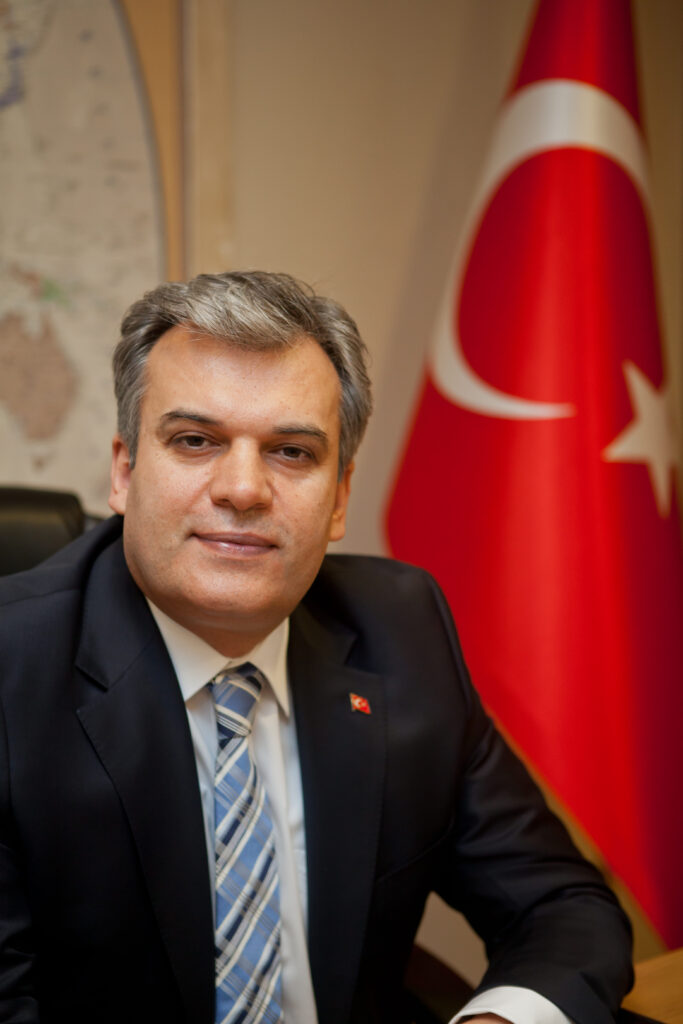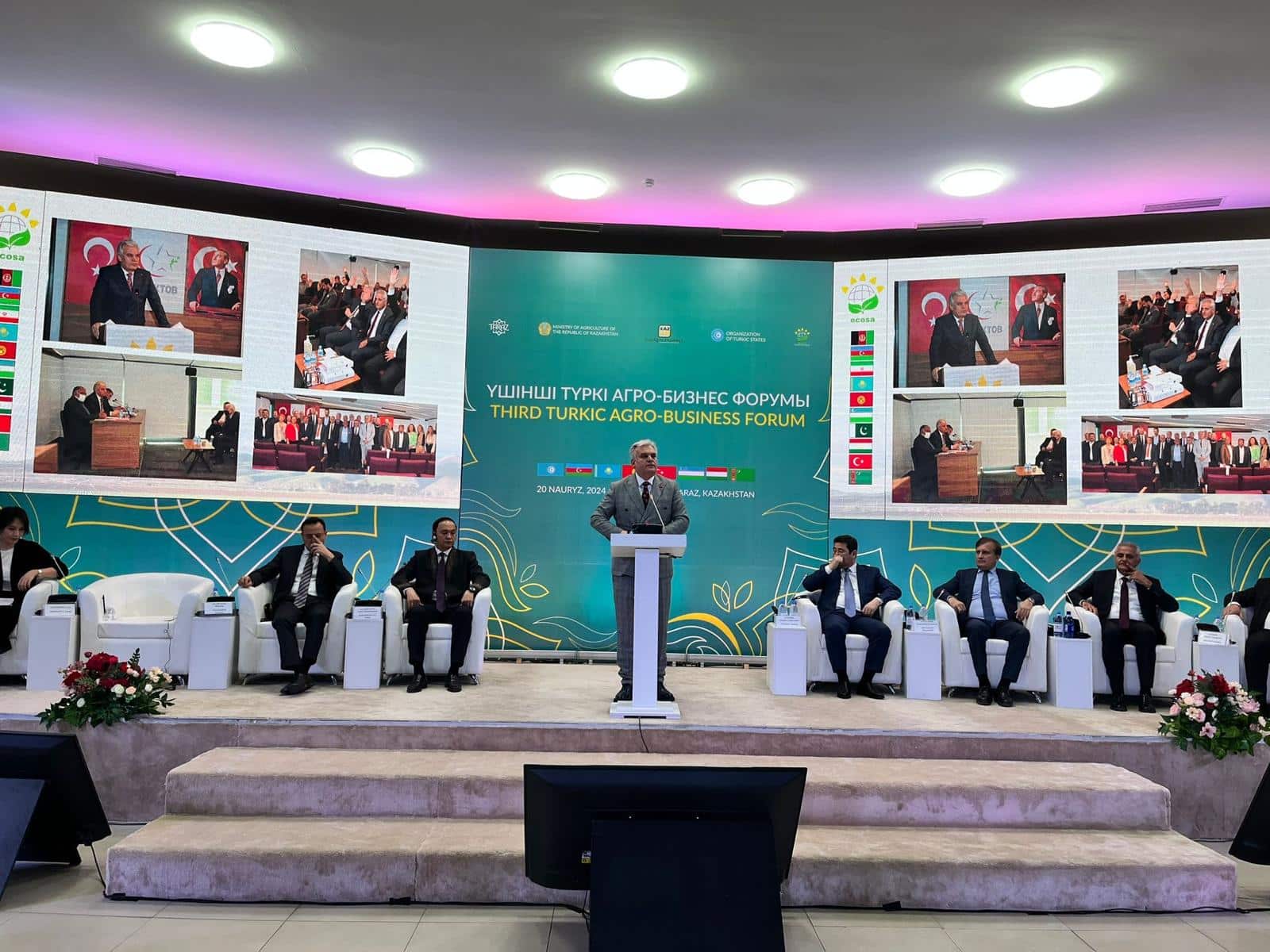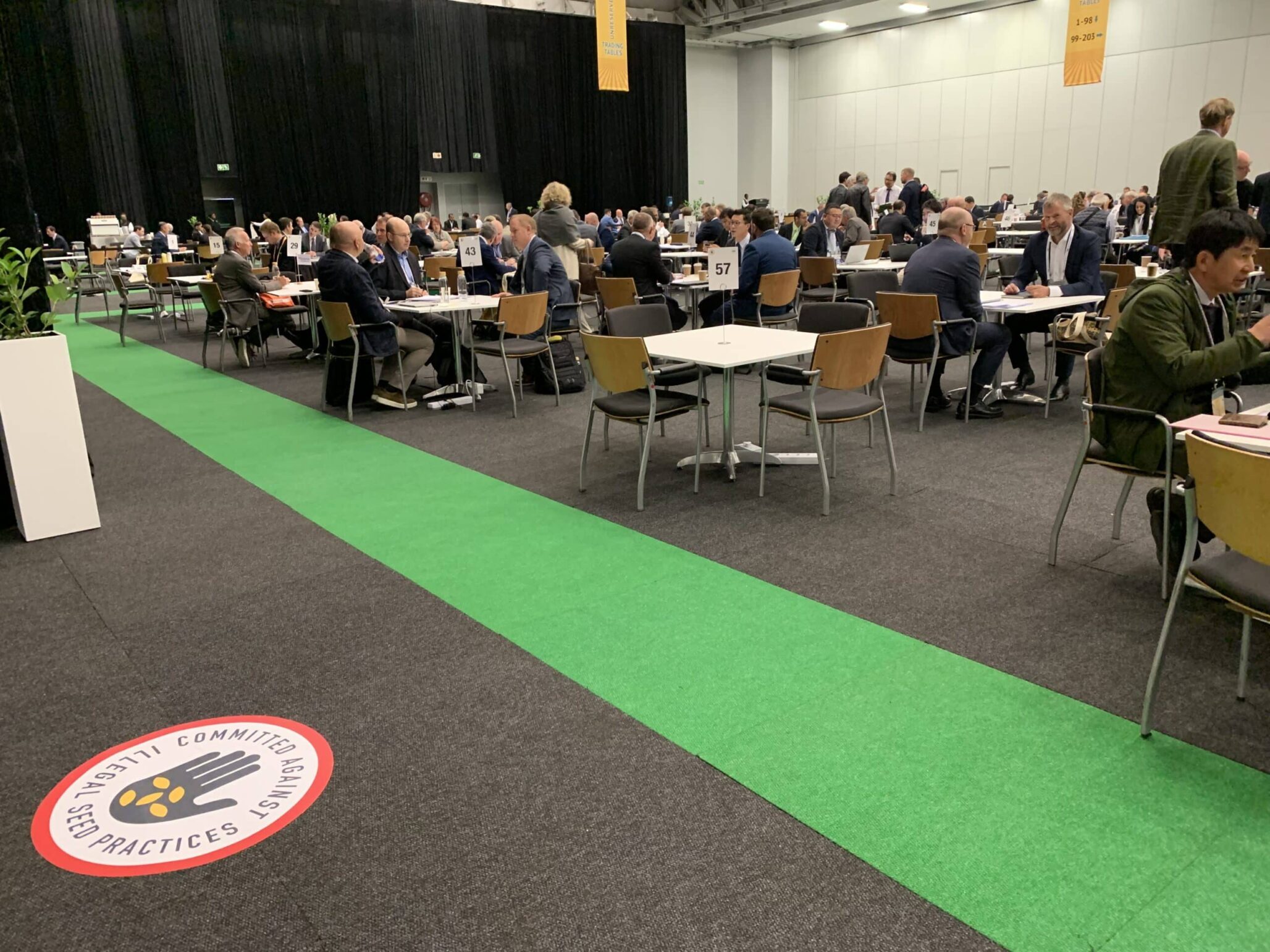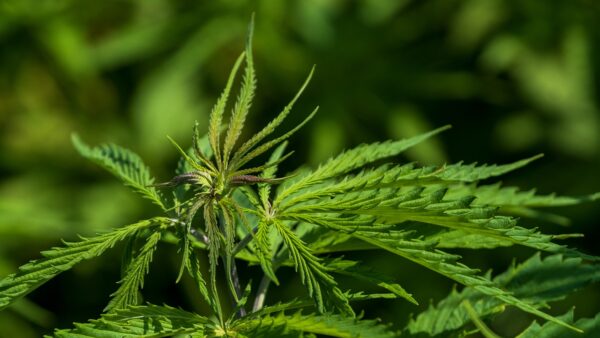How Türkiye’s thriving seed sector is shaping agriculture through innovation, trade, and policy.
The Turkish seed sector has experienced significant growth in recent decades. Türkiye, with its diverse climatic zones and fertile agricultural lands, produces a wide range of crops. The main crops in the Turkish seed sector include cereals (wheat, barley, and rice), pulses (lentils, chickpeas, and beans), oilseeds (sunflower, cotton, and soybean), forage crops, and vegetables. Türkiye has over 38 million hectares of agricultural land, of which a significant portion is dedicated to seed production. The total certified seed production in 2024 was 1,303,000 tons. Of this amount, 3258 tons belong to vegetable species.
The sector comprises various types of companies, including multinational seed corporations, domestic private companies, cooperatives, and public research institutions. Currently, Türkiye has more than 1,131 registered seed companies as members of TSÜAB (Turkish Seed Producers Association). Among these members engaged in seed multiplication and trade, 258 are breeder companies with R&D capacity. The country has also positioned itself as a regional hub for seed production, trade, and research, making the sector a crucial part of its agricultural economy.
National Representation
The seed sector has been represented by the national associations. The Turkish Seed Union (TÜRKTOB) serves as a pivotal organization within Türkiye’s seed sector. TÜRKTOB coordinates several sub-unions operating under its umbrella, including:
• TSÜAB (Association for Seed Producers- public in nature)
• BİSAB (Association for Plant Breeders- public in nature)
• FiDEBiRLiK (Assos. For Seedling Producers- public in nature)
• TYAB (Association for Seed Growers – public in nature)
• TODAB (Association for Seed Distributors – public in nature)
• SÜSBiR (Association for Ornamental Plant Producers- public in nature)
• FUAB (Association for Sapling Producers- public in nature)
These entities are recognized as public associations under Seed Law No. 5553. On the other hand, associations private in nature (as in the case of TÜRKTED and TUBID) are subject to the Associations Law no 5253.

Both TSÜAB and TÜRKTED are Türkiye’s seed associations, and their members largely overlap.
However, these two organizations have distinct legal statuses.
TÜRKTED is an association formed in 1985 with the legal status of a private entity, meaning individuals and legal entities (companies) engaged in the seed sector may choose to become members voluntarily. In contrast, TSÜAB is a public professional organization with mandatory membership (legally required in accordance with Türkiye’s Seed Law No. 5553) for individuals and legal entities wishing to engage in seed activities in Türkiye.
While TÜRKTED was established before the enactment of the Seed Law in 2006, TSÜAB was founded in 2008 following the implementation of this law.
What Makes the Turkish Seed Sector Unique?
The Turkish seed sector stands out due to its rapid growth, strong regulatory framework, and strategic location. Over the past two decades, Türkiye has implemented key legislation, such as the Seed Law (2006) and the Plant Breeders’ Rights Law (2004), which have enhanced the sector’s structure and ensured compliance with international standards.
Türkiye is also an important seed exporter, with exports exceeding $464 million in 2023 comprising seeds, seedling-sapling and ornamental plants). In 2024, seed exports increased in value more than threefold. The country has consistently maintained a trade surplus in the seed sector, reflecting its competitiveness in global markets. The availability of diverse agro-ecological zones allows Türkiye to produce seeds for a wide range of crops, making it a strategic player in the global seed trade.
Challenges Facing the Turkish Seed Sector
Despite its growth, the Turkish seed sector faces several challenges:
- Illegal Seed Practices: Unauthorized seed sales and unregulated seed production continue to be a concern, impacting both breeders’ rights and farmers’ access to quality seeds.
- Fragmented Land Structure: The predominance of small-scale farms (94.2% under 20 hectares) limits economies of scale and seed adoption rates.
- Climate Change: Rising temperatures and shifting precipitation patterns pose risks to seed production and crop yields.
- Regulatory Harmonization: Aligning national seed regulations with international standards remains an ongoing process to facilitate trade and investment.
Türkiye’s Approach to Biotechnology
Türkiye currently prohibits the cultivation of genetically modified (GM) crops. Public perception of GMOs remains cautious, and consumer preference leans toward conventional and organic varieties. However, Türkiye is actively engaged in discussions regarding New Plant Breeding Techniques (NPBTs) and gene-editing technologies. While the seed sector already started to use those techniques, research institutions and policymakers are evaluating how these innovations could be integrated into national agricultural strategies while maintaining strict biosafety measures.
Royalty Collection on Farm-Saved Seed (FSS)
Türkiye has a legal framework in place for royalty collection on farm-saved seeds, particularly for protected plant varieties. However, enforcement remains a challenge due to limited monitoring mechanisms. Collaboration between seed companies, farmer organizations, and the government is essential to ensure fair compensation for breeders while maintaining farmers’ access to quality seeds.
The Role of TSÜAB in the Turkish Seed Sector
TSÜAB as a public professional organization with mandatory membership for those engaged in seed activities in Türkiye, has played a pivotal role in strengthening the seed sector. Established in 2008, the association represents seed companies across various crop categories, including cereals, pulses, vegetables, and industrial crops. TSÜAB actively engages in policy advocacy, international cooperation, and capacity-building initiatives.
The TSÜAB Secretariat consists of a total of 13 staff members, including:
- Technical Unit composed of three agricultural engineers,
- Legal Advisory Unit with one legal counsel,
- Project Unit with one URGE project consultant,
- Media Relations Specialist,
- Financial Affairs Unit with one staff member,
- Personnel Unit with two staff members,
- Two support staff,
- Secretary General and a Deputy Secretary General.
TSÜAB’s Board of Directors consists of nine members. Additionally, there are three-member Audit and Disciplinary Committees, as well as two members serving on the Arbitration Board.
TSÜAB has also established six Technical Working Groups that bring together its members to focus on Cereals, Industrial Crops, Potato, Fodder Plants and Grass, Edible Grain Legumes, and Vegetables. These groups compile periodic reports on their respective topics, providing key insights that serve as the primary resource for policymaker engagement.
Key activities of TSÜAB include:
- Supporting seed certification and quality assurance programs.
- Facilitating dialogue between seed sector stakeholders and government authorities.
- Promoting Turkish seed exports through trade missions and international partnerships. This includes the Development of the International Competitiveness Programme (URGE) aimed at building the capacity of its members through training on exports, trade missions to establish business linkages, and study missions to observe best practices for technical capacity building at an international level.
- Organizing training programs and technical workshops for members.
Combating Illegal Seed Practices
TSÜAB is an active national organization representing seed producers and seed sector stakeholders, committed to combating illegal seed practices. Our efforts include:
Developing a national strategy to combat illegal seed practices and implementing all related activities accordingly.
- Establishing a hotline for reporting illegal seed cases.
- Providing legal guidance and roadmaps to our members and their attorneys.
- Organizing awareness meetings.
- Preparing Turkish and English handbooks on combating illegal seeds (which we have also shared with International Seed Federation (ISF).
- Conducting periodic surveys to assess the extent of illegal practices in Türkiye.
- Collecting and analyzing enforcement data from legal cases related to illegal seed practices.
Engaging with Policy Makers
TSÜAB maintains close contact with the relevant departments of the Ministry of Agriculture and Forestry, as well as the Parliamentary Agriculture Commission, whenever necessary to protect the interests of its members. This engagement takes place through the submission of written reports and requests based on the findings of working group studies, as well as through in-person meetings. Additionally, online meetings are also held with officials from these bodies to discuss issues in detail.
Collaboration with European and Global Seed Organizations
TSÜAB actively collaborates as a member with Euroseeds, the ISF, the Seed Association of Economic Cooperation Organization (ECOSA), and also actively cooperates with other global organizations such as the Asia and Pacific Seed Association (APSA). Türkiye’s participation in events such as the ISF World Seed Congress and the Euroseeds Annual Congress underscores its commitment to international cooperation. Face-to-face meetings remain crucial despite digital communication tools, as they foster trust, collaboration, and strategic partnerships.
Future Focus Areas for the Turkish Seed Sector
To further strengthen its seed sector, Türkiye should prioritize the following areas:
- Innovation and R&D: Investing in breeding programs and seed technologies to enhance crop resilience.
- Regulatory Improvements: Streamlining seed certification and intellectual property protection measures.
- Market Expansion: Strengthening trade agreements and exploring new export destinations.
- Sustainability: Promoting climate-smart agriculture and conservation of genetic resources.
The Turkish seed sector is well-positioned for continued growth and innovation. By addressing existing challenges and capitalizing on its strengths, Türkiye can further solidify its status as a key player in the global seed sector.
In conclusion, we can say that Türkiye’s seed sector is a dynamic and evolving sector with a strong regulatory foundation, diverse crop production, and a growing presence in international markets. TSÜAB remains dedicated to supporting its members, fostering innovation, and advocating for policies that enhance the sector’s competitiveness. As Türkiye prepares to host the ISF Congress in Istanbul, the country’s achievements and aspirations in the seed sector will take center stage on the global platform.













